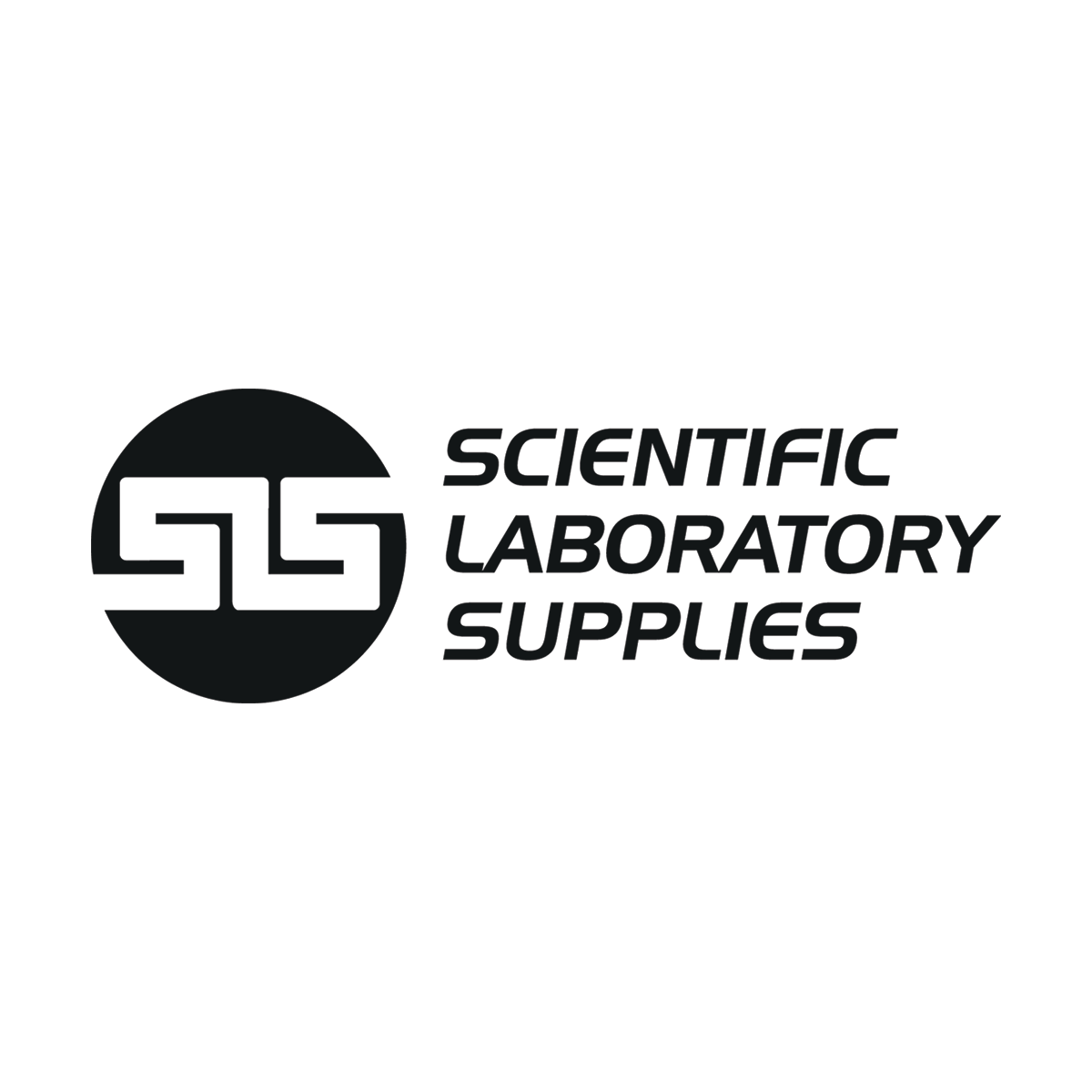NSJ Bioreagents produces primary and recombinant antibodies for research applications, including loading controls and isotypes for western blot, immunohistochemistry, flow cytometry and immunofluorescence.
NSJ Bioreagents products are available worldwide. If we do not have a specific distributor for your country, please see the Global Distributors tab.
NSJ Bioreagents employees have been part of the antibody production sector of the biotechnology community for over 20 years. NSJBio provides the life sciences community with a source of widely used conventional monoclonal antibodies and recently commercialised advanced monoclonal and polyclonal antibodies, as well as recombinant monoclonal antibodies and protein microarray validated human antibodies, across all research areas including cancer, tumour biomarkers, apoptosis, immunology, cell biology, transcription factors and epigenetics. Many of the products are available in different sizes to better meet investigators’ experimental needs and budget constraints. Comprehensive product data sheets provide product information and images of test data and are backed up by expert technical support. All products carry a 100 per cent performance guarantee as specified in the datasheets.
Engagement of CD28 by B7-1 (CD80) or B7-2 (CD86) in the presence of antigen promotes T cell proliferation, cytokine production, effector T cell differentiation and induction of BCLX, a promoter of T cell survival. Recruitment of CTLA4 by B7-1 or B7-2, on the other hand, can inhibit proliferation and interleukin-2 (IL-2) production. PD-L1 is a type I transmembrane protein of 290 amino acids, 20% and 15% identical to B7-1 and B7-2, respectively. It has type V and C immunoglobulin domains and a cytoplasmic tail of 30 amino acids. PD-L1 does not bind to CD28, A4 cytotoxic T cells or ICOS (inducible co-stimulator). IL-2, although produced in small amounts, is required for the co-stimulatory effect of PD-L1. The PD-L2 protein contains a signal sequence, IgV and IgC domains, a transmembrane region and a cytoplasmic region. The constitutive expression of PD-L1 and PD-L2 in parenchymal cells of the heart, lung and kidney suggests that the PD-1-PD-L system may provide unique negative signalling to help prevent autoimmune diseases.






